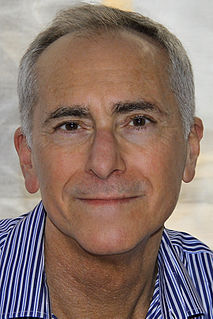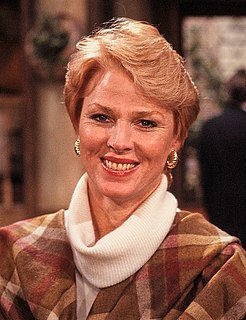A Quote by A. Scott Berg
I like my subjects to be American, and not too dead, so I can interview people who knew them.
Related Quotes
"Only write what you know" is very good advice. I do my best to stick to it. I wrote about gods and dreams and America because I knew about them. And I wrote about what it's like to wander into Faerie because I knew about that. I wrote about living underneath London because I knew about that too. And I put people into the stories because I knew them: the ones with pumpkins for heads, and the serial killers with eyes for teeth, and the little chocolate people filled with raspberry cream and the rest of them.
I was spurred by the fact that having worked for women's magazines myself as a journalist, if you go off and interview a female celebrity, I'd just go in and interview them like I'd interview any human being and talk about the things that interested me. And you'd come back, and you'd file your copy. And then my editor would read through my copy and go, why haven't you asked them if they want kids? And I'd be like, well, I don't know, I interviewed Aerosmith last week. And I didn't ask them that.
Mama and I would go to a funeral and she'd stand up to read the dead person's eulogy. She made the ignorant and ugly sound like scholars and movie stars, turned the mean and evil into saints and angels. She knew what people had meant to be in their hearts, not what the world had forced them to become. She knew the ways in which working too hard for paltry wages could turn you mean and cold, could kill the thing that made you laugh.
A considerable percentage of the people we meet on the street are people who are empty inside, that is, they are actually already dead. It is fortunate for us that we do not see and do not know it. If we knew what a number of people are actually dead and what a number of these dead people govern our lives, we should go mad with horror.
I can hardly tell you how boring it is to interview almost every politician among the multitudes I have ever interviewed (journalists can't say this, because if people knew how boring politicians were they wouldn't read what we write), how dead the conversation feels, how bald, flat, uninteresting the message is.







































